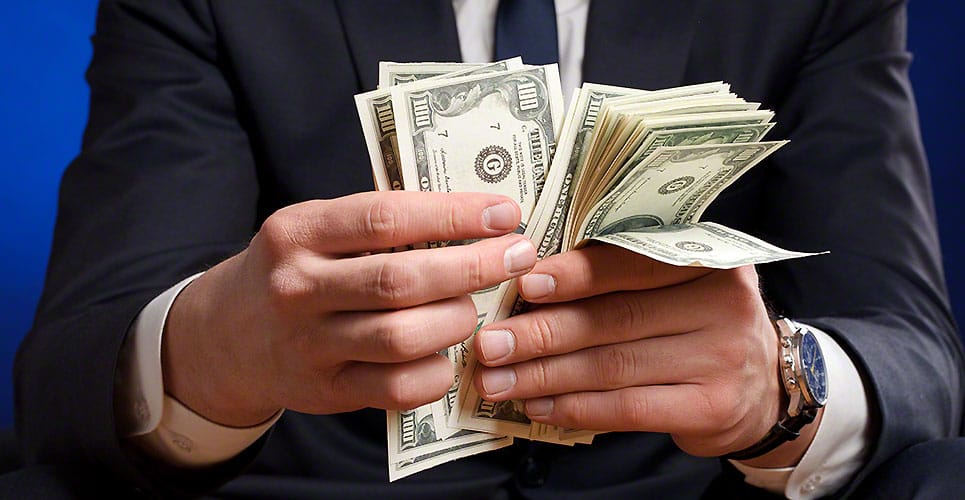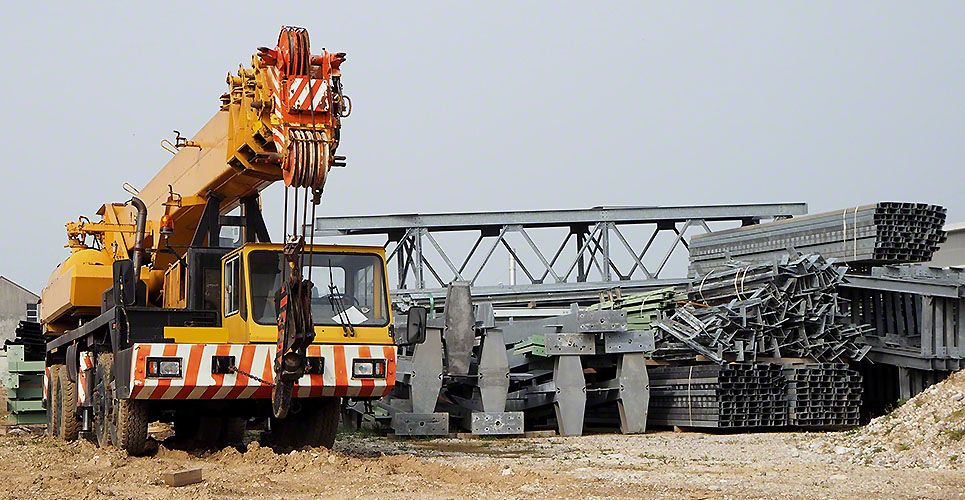Heat pumps and furnaces are essential in winters, but their improper usage increases the power bills of many homeowners in the US. You can improve the energy efficiency of your heat pump by following the advises of HVAC companies and avoiding common mistakes to save money.
Setting The Thermostat High
Many homeowners make the mistake of increasing the thermostat temperature settings to heat the home faster. Truth be told, setting a thermostat high doesn’t heat a home quickly. Your furnace or heat pump will have to work for a longer period of time in each cycle and it will increase your energy bill.
Leaving The Heating System On When The House Is Empty
This habit is a money thief. If you are outside of your home most of the time or on a holiday away from home, leaving your heating system on with the same settings if you were inside will increase the power costs. The best thing is to turn off your furnace or heat pump when you go out of your house for multiple days. Or set your HVAC to slow down when you’re away and begin normal functioning when you arrive.
Allowing Air To Escape
If you’re allowing air to escape, your heating system will work overtime to sustain the warm temperature that will in turn increase your energy bills.
How homeowners are allowing air to escape? By not locking the windows. Many people think that a closed and locked window is the same thing, but they are different when we consider air tightening. Closed windows still allow a little space for warm air to escape and cold air to come in whereas locked windows don’t.
Furthermore, ignoring leaks and drafts also put pressure on your heating system because air is escaping thought leaks. You should check all the doors, walls, and windows of your house for leaks and drafts at the start of the winter season. However, it’s better to check it every two months. Make sure to seal any areas you spot that are leaking warm air out of the house.
If you want to find out the hotspots of air leakage in houses, check your basement and attic. Give more attention to these areas.
Not Changing The Air Filters
With dirty air filters, you are making it harder for your heat pump to function normally. So, the only way your HVAC system can work harder is by using more energy, increasing your power costs. Moreover, clogged air filters can also cause the HVAC system to malfunction and break down. So, make sure to clean air filters every twice a month or more.
Using Space Heaters
Many people with HVAC system use it to heat their whole house. But sometimes, they also employ space heaters to heat rooms that need more warmth or are drafty. They do it by thinking that it will improve heating of the house. Space heaters do heat your house, but they aren’t as energy efficient as heat pumps or furnaces. When homeowners use a combination of heat pumps and space heaters, they are unintentionally increasing their heating costs.
It is recommended by heating experts to use a whole house furnace or heat pump to heat your house efficiently.
Sealing Vents Of Unused Room
It makes sense to many homeowners to seal the vents of rooms that aren’t in use. They do it to avoid heating a room that doesn’t need heating. But it puts strain on your heating system. An HVAC system and its ducts are designed to evenly heat a house. When one or more vents are closed, it disrupts its normal functioning and the energy efficiency decreases.
Ignoring Maintenance Of Your Furnace Or Heat Pump
Regular maintenance is done to fine tune the furnace. This fixes all the problems the furnace might be having, but were too early for you notice. A heating system that is well-maintained is reported to work more efficiently and save you money.
Final Word
To prevent high energy bills, make sure to take notice of the things mentioned above. And always hire reliable furnace repair services McLean for inspecting, maintaining, and repairing your heating system. Good services might charge more but their service keeps your HVAC system at its optimum state.


